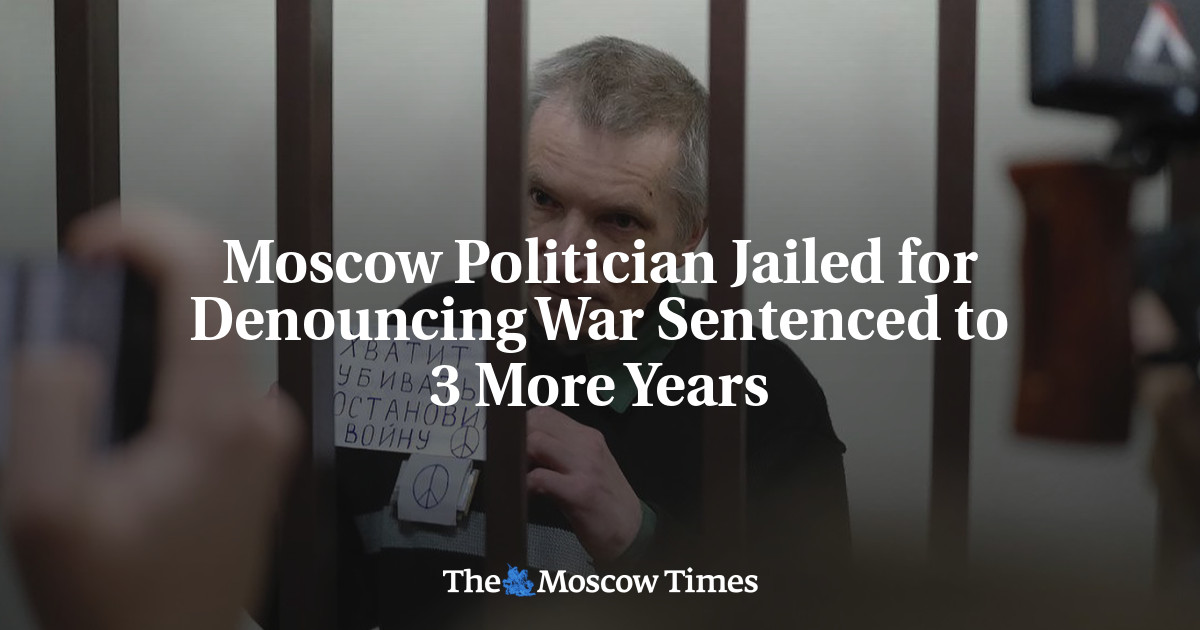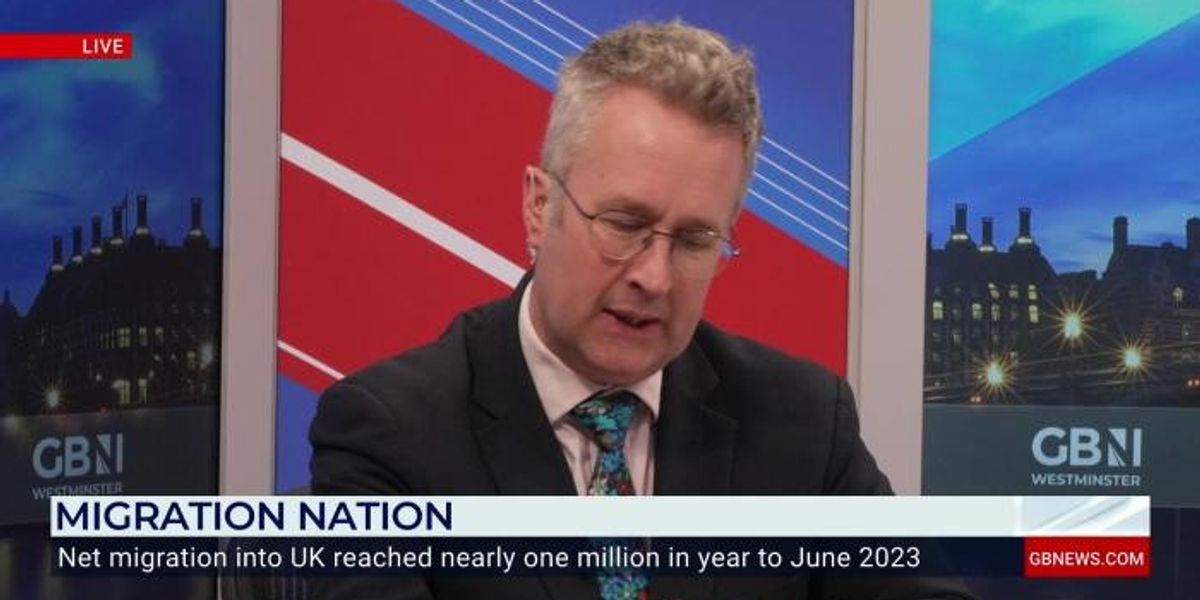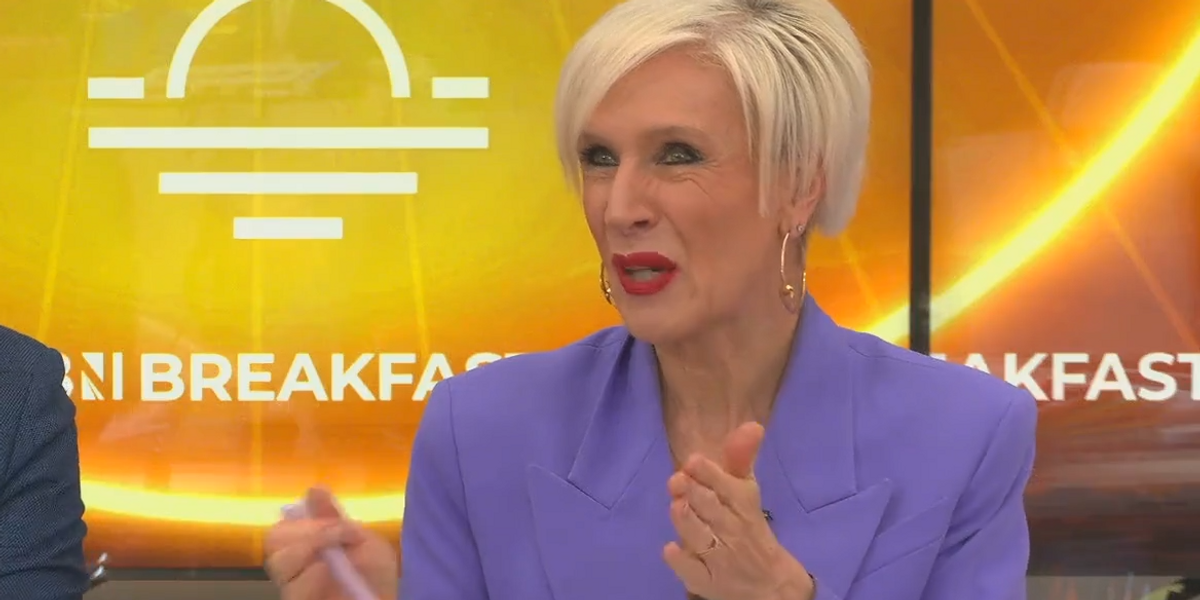Lebanese sources have confirmed the existence of a "Biden-Macron plan" which may be announced within 36 hours.
By MAARIV NOVEMBER 25, 2024 21:15 Toy soldiers, Hezbollah and Israel flags are seen in this illustration taken, October 15, 2023.
(photo credit: REUTERS/DADO RUVIC/ILLUSTRATION)
Toy soldiers, Hezbollah and Israel flags are seen in this illustration taken, October 15, 2023.
(photo credit: REUTERS/DADO RUVIC/ILLUSTRATION)
An Israel-Hezbollah ceasefire will go into effect "within hours," various Lebanese and Saudi media outlets, as well as American sources, claimed on Monday.
A senior American official told Maariv that the drafted ceasefire agreement includes a 60-day transition period, during which the IDF will withdraw from southern Lebanon, the Lebanese army will deploy in areas adjacent to the border, and Hezbollah will move its heavy weapons north of the Litani River.
Netanyahu's spokesman told CNN that the Israeli government will vote tomorrow on the proposal for the Lebanon agreement, which is expected to pass.
Saudi newspaper Al-Sharq Al-Awsat added that US President Joe Biden and French President Emmanuel Macron are expected to announce the 60-day ceasefire between Lebanon and Israel on Tuesday.
Additionally, Lebanese sources confirmed the existence of a "Biden-Macron plan" to Reuters, aimed at announcing a ceasefire agreement within 36 hours, by Wednesday morning.
Lebanon and Saudi Arabia also confirmed that the ceasefire agreement is expected to take effect soon, as Netanyahu scheduled a limited consultation tomorrow regarding the northern arrangement.
"There are no serious obstacles" to beginning implementation of the US-proposed ceasefire, Lebanese Parliament Deputy Speaker Elias Bou Saab told Reuters.
What happens next?
After final agreements between the sides, the Political-Security Cabinet is expected to convene to approve the arrangement, and immediately afterward, the agreement will be brought to the government for approval.
Before the cabinet convenes, Netanyahu called a meeting of coalition leaders. According to estimates, the required majority in favor of the arrangement is secured both in the cabinet and the government, despite National Security Minister Itamar Ben-Gvir's opposition to the agreement.
According to sources familiar with the negotiations, the arrangement already progressed last week, but the motion was delayed at the last minute due to the ICC’s decision to issue arrest warrants for PM Netanyahu and former Defense Minister Gallant.
Stay updated with the latest news!
Subscribe to The Jerusalem Post Newsletter
The mediators expressed concern that the other side (Lebanon, under Iran's influence) might harden positions and present new demands in light of the warrants' issuance.
Eventually, mediators were able to progress, and negotiations have now entered the final stretch.
According to Lebanese reports, the reason for progress is that the Israelis are concerned that if an agreement isn't signed in the coming days, the US will withdraw its mediation between Israel and Lebanon.
Israeli Prime Minister Benjamin Netanyahu approved the emerging ceasefire agreement with Hezbollah "in principle" during a security consultation with Israeli officials on Sunday night, a source familiar with the details told CNN.
US envoy Amos Hochstein said last week that a ceasefire agreement between Israel and Lebanon is "within reach" but added that, ultimately, it's "the decision of both sides."
Meanwhile, a senior diplomatic source in Beirut revealed in an interview with Kuwait's Al-Anbaa newspaper that Israel has requested to extend military activity in Lebanon by four additional weeks and is setting new conditions for the arrangement.
According to him, after exhausting the traditional military targets bank, Israel moved to attacks in mixed areas. Simultaneously, Washington has maintained silence regarding the results of US envoy Hochstein's regional contacts.
According to the report, Netanyahu is operating under increasing internal pressure, out of concern that ending the campaign without significant achievement will lead to accusations of falling into the "Lebanese trap."
Against this background, the prime minister is striving to achieve Lebanese concessions within the framework of the mutual commitments document.
Kuwait's Al-Jarida newspaper added that despite positive reports about ceasefire talks, Israel might continue military activity until next spring.
According to the newspaper, Israel opposes returning to the previous situation and seeks to establish a new reality under international auspices, emphasizing substantial changes in UNIFIL's operation mechanism.
Israel seeks US presence in the region
Among Israel's demands were appointing an American general to head the supervision committee and stationing about 200 American soldiers in southern Lebanon, forty years after their departure following the 1983 attacks.
This American force would receive broad authority, particularly regarding preventing Hezbollah's military buildup. As part of the move, Israel opposes French participation in the committee supervising the implementation of Resolution 1701.
Diplomatic sources noted that this comes as a response to Lebanon's opposition to British and German involvement, and to express a lack of confidence in UNIFIL's functioning during 2006-2023, which, according to Israel, allowed Hezbollah to rearm.
According to the sources, Israel seeks to leverage the current escalation to promote a broader regional arrangement that will also include Syria, while "renewing the connection between tracks."
Hezbollah is reportedly working to thwart these efforts.
According to the newspaper, Israel is taking advantage of the current period with the support of President-elect Trump, who declared his desire to "sow peace" in the region. Against this background,
With the support of American President-elect Trump, who declared his desire to "sow peace" in the region, diplomatic pressure, alongside Israeli military pressure, is expected to increase in an attempt to promote peace agreements with Lebanon and Syria. However, Lebanon continues to oppose this move.

 By The Jerusalem Post (World News) | Created at 2024-11-25 19:20:06 | Updated at 2024-11-29 10:49:40
3 days ago
By The Jerusalem Post (World News) | Created at 2024-11-25 19:20:06 | Updated at 2024-11-29 10:49:40
3 days ago








